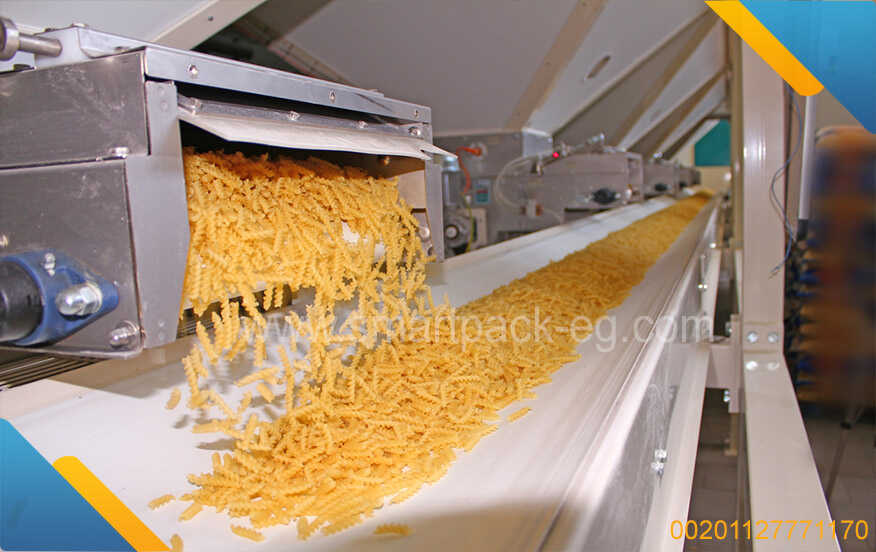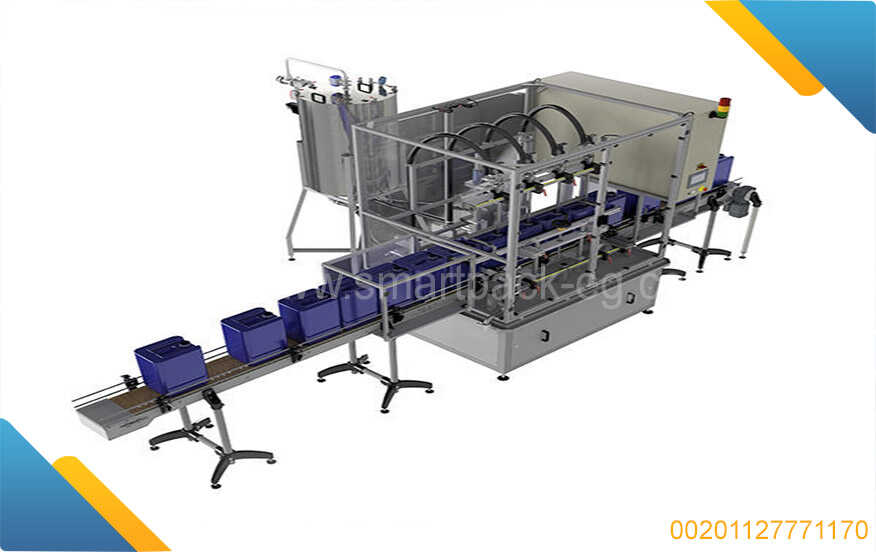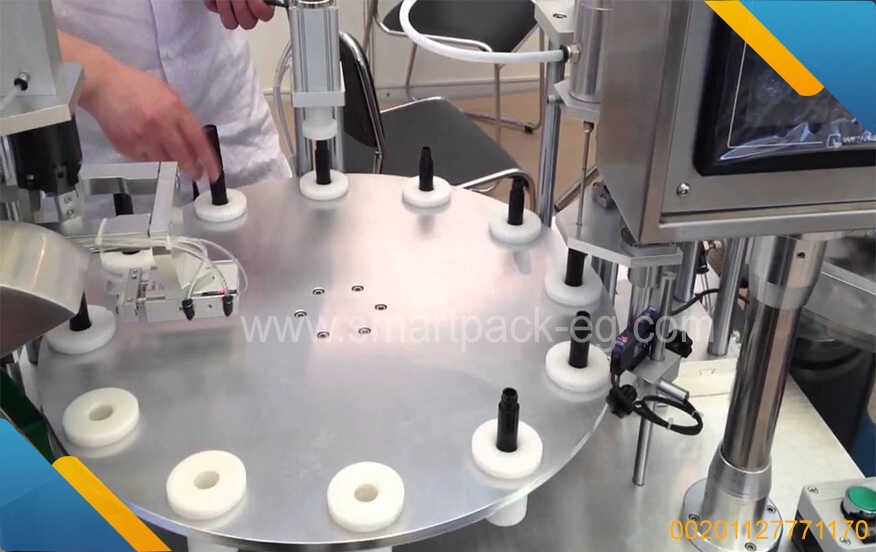Title: A Guide to Building Successful Factories during the Corona Era
Introduction:
The COVID-19 pandemic has brought unprecedented challenges to businesses worldwide. However, some enterprising individuals and companies have managed to start their factory operations during this challenging period and eventually grown into large-scale enterprises. In this guide, we will explore the key strategies they employed to face the unique obstacles posed during the pandemic. Whether you are considering launching a factory or looking for tips to take your existing operation to the next level, read on for valuable insights.
1. Identify Opportune Industries
During the Corona period, specific industries experienced an increased demand due to shifting consumer needs. It is essential to identify these industries to ensure your factory is aligned with market demand. Examples include pharmaceuticals, medical equipment, personal protective equipment (PPE), sanitizers, and essential goods. Conduct thorough research and market analysis to identify industry gaps and opportunities.
2. Secure Adequate Capital
Starting a factory requires significant financial investment and adequate capital. During the pandemic, securing funding may be more challenging due to economic uncertainties. Explore various financing options such as loans, equity partnerships, or even government grants and assistance programs specifically designed for emerging industries during crisis situations. Develop a compelling business plan to attract potential investors or financing institutions.
3. Adapt to Remote Work Culture
The COVID-19 pandemic has introduced remote work as the new normal. Incorporate remote work models into your factory's operations whenever possible. Utilize remote communication tools, project management software, and video conferencing platforms to maintain efficient collaboration among team members. Plan for scalability and flexibility in your operations by incorporating automation and remote monitoring systems.
4. Implement Stringent Safety Protocols
Managing a factory during a pandemic demands strict adherence to safety protocols to protect both employees and customers. Establish comprehensive health and safety measures in compliance with local regulations. Provide appropriate training on hygiene practices, social distancing, and the proper usage of PPE. Regularly sanitize work areas, provide hand sanitizers, and encourage frequent hand washing. Prioritize employee well-being and maintain transparent communication channels to address any concerns promptly.
5. Streamline Supply Chain Management
The pandemic has disrupted global supply chains significantly. Establishing strong supplier networks and backup options is crucial. Monitor supply chain disruptions and prepare contingency plans to mitigate risks. Maintain open lines of communication with suppliers to anticipate potential bottlenecks and identify alternative options. Consider local sourcing where feasible to minimize disruptions caused by international logistics challenges.
6. Leverage Digital Transformation
Embrace technology and digital transformation to enhance your factory's efficiency and resilience. Implement advanced monitoring systems, artificial intelligence, Internet of Things (IoT), or machine learning solutions to optimize productivity and reduce human errors. Automate repetitive tasks, streamline inventory management, and enhance data analytics capabilities. Invest in robust cybersecurity measures to protect sensitive data from potential cyber threats.
7. Agile Business Processes
The ability to swiftly adapt to changing market dynamics is crucial during uncertain times. Implement agile business processes that allow you to quickly respond to shifts in demand or supply chain disruptions. Maintain a lean production process that can be easily scaled up or down as required. Foster an innovative and adaptive culture within your organization.
Conclusion:
Starting a factory during the Corona period can be challenging, but with proper planning, strategic thinking, and adaptability, it is possible to build a successful enterprise. Identify opportune industries, secure adequate capital, implement stringent safety measures, streamline supply chains, embrace digital transformation, and adopt agile business processes. By following these guidelines, you can navigate the obstacles brought forth by the pandemic and grow your factory operations into large-scale enterprises even during challenging times.



 Admin
Admin 





